Top 20 People
1
Rene Descartes
March 31, 1596 - February 11, 1650
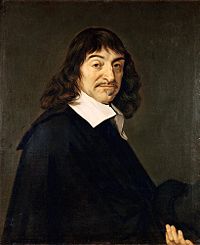
Inventor of the Cartesian coordinate system
2
Johann Gutenberg
1398 - February 3, 1468
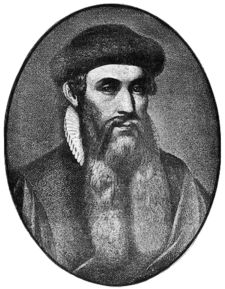
Inventor of movable type printing in Europe around 1439 and mechanical printing globally.
3
Leonardo da Vinci
April 15, 1452 - May 2, 1519
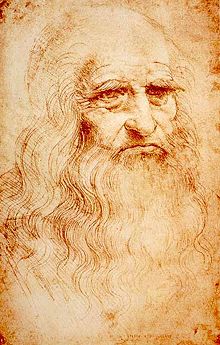
Italian scientist, mathematician, engineer, inventor, anatomist, painter, sculptor, architect, botanist, musician and writer.
4
Nicolaus Copernicus
February 19, 1473 - May 24, 1543
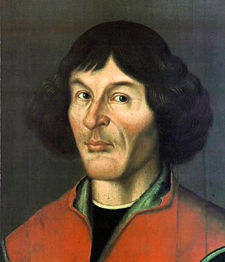
First astronomer to formulate a scientifically based heliocentric cosmology that displaced the Earth from the center of the universe
5
Galileo Galilei
February 15, 1564 - January 8, 1642
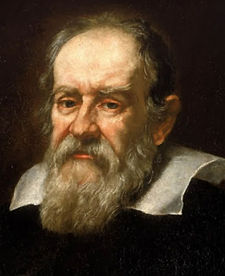
“Father of Modern Physics”-“Father of Science”-“Father of Modern Science.”
6
Sir Isaac Newton
January 4, 1643 - March 31, 1727
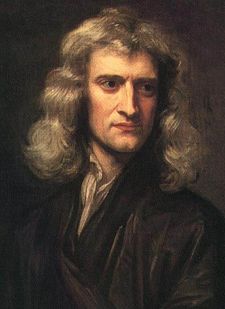
Newton described universal gravitation and the three laws of motion, laying the groundwork for classical mechanics.
7
Samuel F. B. Morse
April 27, 1791 - April 2, 1872
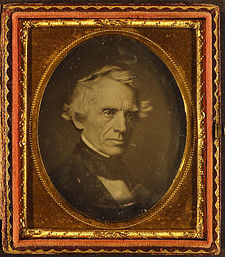
Creator of a single wire telegraph system, and co-inventor, with Alfred Vail, of the Morse Code.
8
Michael Faraday
September 22, 1791 - August 25, 1867
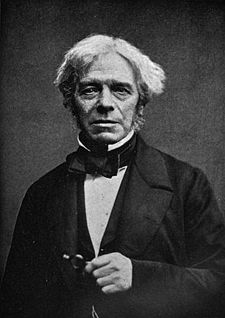
English chemist and physicist who contributed to the fields of electromagnetism and electrochemistry.
9
Louis Braille
January 4, 1809 - January 6, 1852
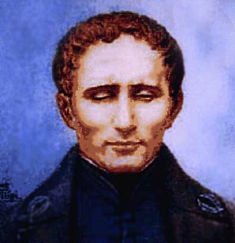
Inventor of braille, a world-wide system used by blind and visually impaired people for reading and writing.
10
Louis Pasteur
December 27, 1822 - September 28, 1895
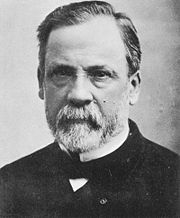
French chemist and microbiologist best known for his remarkable breakthroughs in the causes and prevention of disease.
11
James Clerk Maxwell
June 13, 1831 - November 5, 1879
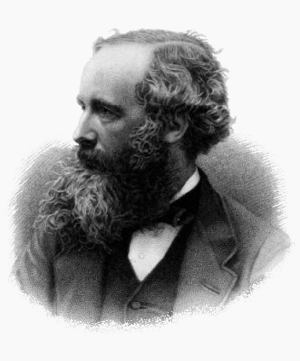
Scottish mathematician and theoretical physicist. His most significant achievement was the development of the classical electromagnetic theory, synthesizing all previous unrelated observations, experiments and equations of electricity, magnetism and even optics into a consistent theory.[1] His set of equations—Maxwell's equations—demonstrated that electricity, magnetism and even light are all manifestations of the same phenomenon: the electromagnetic field.
12
Thomas Alva Edison
February 11, 1847 - October 18, 1931
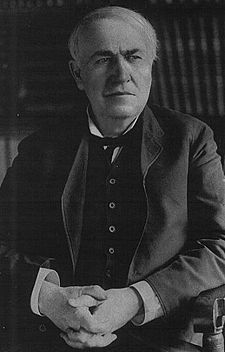
American inventor and businessman who developed many devices that greatly influenced life around the world, including the phonograph and a long lasting light bulb.
13
Alexander Graham Bell
3 March 1847 - 2 August 1922
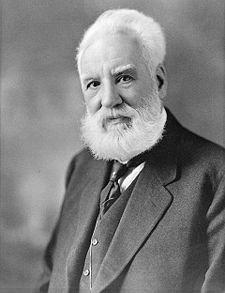
An eminent scientist, inventor and innovator who is widely credited with the invention of the telephone.
14
Nikola Tesla
July 10, 1856 - January 7, 1943
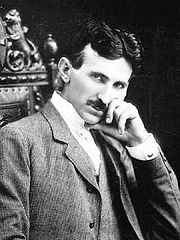
Austrian inventor, mechanical and electrical engineer known for contributions in the field of electricity and magnetism. Patented and theoretical work formed the basis of modern alternating current electric power (AC) systems. Considered the father of wireless communication (radio) demonstration it in 1894.
15
George Washington Carver
January 1864 - January 5, 1943
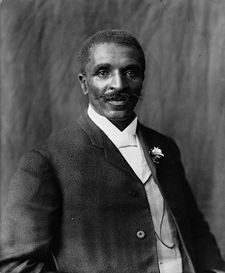
Discovered and patented three hundred uses for peanuts and hundreds more uses for soybeans, pecans and sweet potatoes.
16
Guglielmo Marconi
April 25, 1874 - July 20, 1937
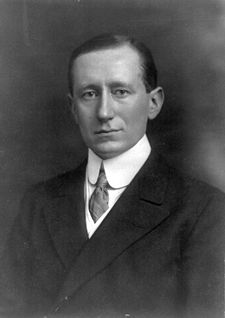
Italian inventor, best known for his development of a radiotelegraph system.
17
Albert Einstein
March 14, 1879 - April 18, 1955
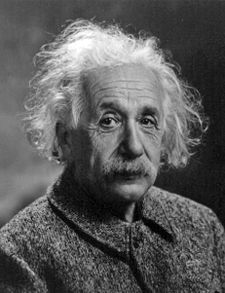
German theoretical physicist whos many contributions to physics include his special theory of relativity, which reconciled mechanics with electromagnetism, and his general theory of relativity, which extended the principle of relativity to non-uniform motion, creating a new theory of gravitation.
18
Geoffrey W.A. Dummer
February 25, 1909 - September 16, 2002
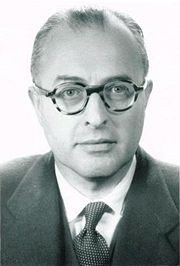
British electronics author and consultant who is credited as being the first person to conceptualize the integrated circuit.
19
Werner von Braun
March 23, 1912 - June 16, 1977
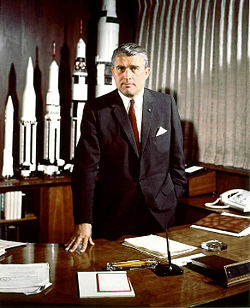
German rocket physicist and astronautics engineer, became one of the leading figures in the development of rocket technology in Germany and the United States.
20
Richard A. Gibbs
June 28, 1971
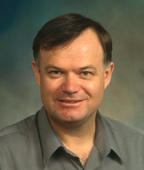
Father of Human Genome Sequencing
